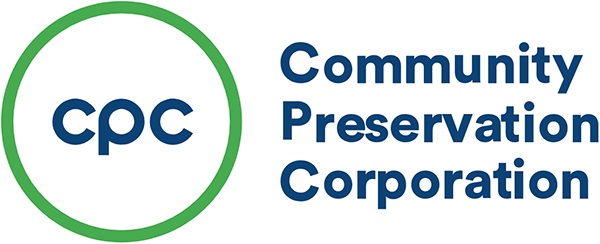The Wall Street Journal
March 12, 2013
Community Preservation Corp., which for decades was one of the city’s leading affordable-housing lenders, was on the brink of irrelevance a year ago after it made a number of bad bets on the condo boom.
Now the 38-year-old nonprofit lender has received a $250 million infusion of capital from Citigroup Inc., which promises to revive the organization and allow it to refocus on its core mission rehabilitating affordable housing in lower-income neighborhoods.
CPC plans to use the new funds for the construction and renovation of as many as 6,000 apartment units. It closed on its first deal under the new program—a $1.59 million loan, which along with $2.4 million provided by the city, will help rehabilitate two distressed Bronx buildings.
The loan will allow Workforce Housing Advisors, which acquired the 10-unit buildings at 539-541 E. 147th St. in October 2011, to perform major improvements to, including installing a new roof, windows, plumbing, electrical systems and heating.
David Rockefeller led the founding of the nonprofit in 1974, with investments by major banks, including what is now Citi, which withdrew its support in 2007. Over the years CPC was involved the creation or preservation of about 145,000 units of primarily affordable rental housing, and considered a key player in the revitalization of many of the city’s neighborhoods.
Indeed, while CPC’s focus on the small, four-story walk-ups and six-story elevator buildings might seem modest, experts said the nonprofit is vital to the health of many neighborhoods of the Bronx, Brooklyn and Queens.
“The fate of a neighborhood resides in the fate of those buildings,” said Marc Jahr, president of the city Housing Development Corp.
But around 2003, when the condo market began heating up, CPC ventured away from that core mission into financing and developing new condo projects. In part, CPC officials said they were forced to diversify away from rental housing because the market was flooded with large banks willing to cut loans even for small projects, making it difficult for traditional affordable-housing lenders to compete.
Most prominently, CPC Resources Inc., a for-profit development arm, led the purchase of the 11-acre Domino Sugar site in Brooklyn in 2004.
After guiding the project through a bruising public approval process, CPC defaulted on a $125 million loan on the project and sold it to Two Trees Management Co. for $185 million—making a profit on the sale despite the troubled history.
But many of CPC’s investments didn’t fare so well. When the recession hit in 2008, CPC had more than $900 million in exposure to the collapsing condo market. CPC has spent much of the last five years regrouping from those losses.
“When I came to CPC the company was experiencing a period of significant stress because of the activity and impact of the downturn, said Rafael Cestero, who took over as CPC’s chief executive in January 2012.
Mr. Cestero said he spent much of his first year reducing the amount of distressed debt on the company’s balance sheet to less than $151 million from $255 million when he started.
The investment by Citi marks another turning point. Until recently, CPC had just $70 million of capital to lend, which means the $250 million investment nearly quadruples its lending capacity.
“It allows us to make a turn from being focused on workouts to providing capital for affordable housing in New York,” Mr. Cestero said.
City officials and affordable-housing developers said CPC’s diminished role as a lender to smaller building owners has left a void, especially as financing has become even more difficult to get since the recession.
They also said CPC’s re-entry into the space marks a broader shift for the market—away from the risky loans that helped plunge dozens of smaller apartment buildings into financial and physical distress, toward the more traditionally grass-roots model of funding affordable housing that CPC helped pioneer.
“Our sense is that the market is leaving behind some of the extremes of terrible lending that led directly to the economic crisis and that more responsible lending is becoming more the norm. CPC plays an important role in that space,” said Benjamin Dulchin, executive director at the Association for Neighborhood and Housing Development.
